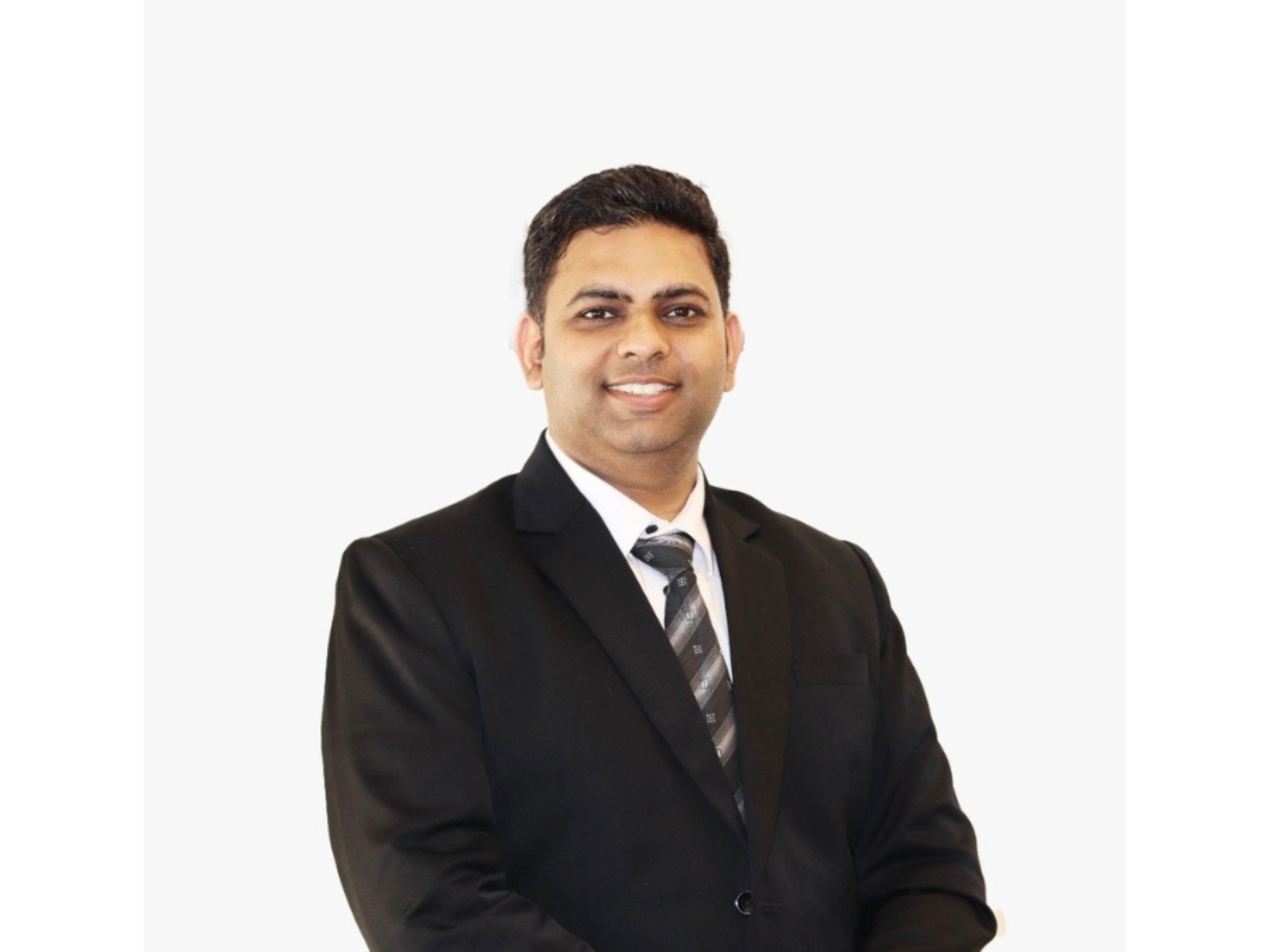PNN
New Delhi [India], November 15: For decades, the default path after high school was clear: secure a seat in a reputed college or university, follow the traditional classroom model and then step into the job market. Today, that trajectory is rapidly changing. A new generation of students is reimagining education by prioritizing hands-on exposure, mentorship from innovators, and flexible degree programs that blend learning with real-world practice.
Learning from Leaders, Not Just Lectures:
High school graduates increasingly seek opportunities to learn directly from startup founders, corporate leaders, and industry innovators. Internships, workshops, and entrepreneurial boot camps are replacing textbook-driven learning. Students are attracted to environments where they can interact with mentors who have “been there and done that,” gaining insights that no syllabus can capture.
Institutions such as the MESA School of Business in Bengaluru — backed by CRED founder Kunal Shah — and Tetr Business School exemplify this shift. Instead of rote learning, these institutes immerse students in real-world business challenges, entrepreneurial projects, and mentorship programs, blending academic rigor with practical exposure. Students learn by solving live problems and shadowing successful founders, making the learning process highly experiential.
The Appeal of Flexibility:
Distance learning and hybrid programs offered by prestigious institutions are fueling this trend. Top B-Schools like IIM Bangalore and other top colleges offering degrees in online or distance mode are gaining traction. Such programs allow students to earn a recognized academic qualification while simultaneously pursuing internships, startup projects, or skill-based learning. This helps them to blend a perfect mix of practical exposure and an Alumni Status along with a platform to meet employers in the campus where you complete your Graduation or a post-grad.
Changing Role of Degrees:
While degrees still matter, the emphasis is no longer on attending lectures five or six days a week. Instead, students want degrees that complement experience. A distance BBA or specialized certification from a top-tier institute becomes a foundation, while the true value lies in the portfolio of projects, internships, and innovations a student undertakes during the same time.
This trend signals a broader transformation in higher education. Traditional colleges may need to redesign their models to integrate mentorship, industry-led learning, and flexible formats. As students increasingly view learning as an ongoing, experience-driven journey, the future of education is likely to look less like a classroom and more like an innovation hub.
Author notes:
“Students today are less interested in simply attending classes and more eager to shadow leaders, learn by doing, and combine degrees with experience. This approach not only makes them more employable but also more entrepreneurial.” Please visit for more Information: http://hiteshmittal.in/mediapresence/ani/tribune/
(ADVERTORIAL DISCLAIMER: The above press release has been provided by PNN. ANI will not be responsible in any way for the content of the same.)
Disclaimer: This story is auto-generated from a syndicated feed of ANI; only the image & headline may have been reworked by News Services Division of World News Network Inc Ltd and Palghar News and Pune News and World News
HINDI, MARATHI, GUJARATI, TAMIL, TELUGU, BENGALI, KANNADA, ORIYA, PUNJABI, URDU, MALAYALAM
For more details and packages













